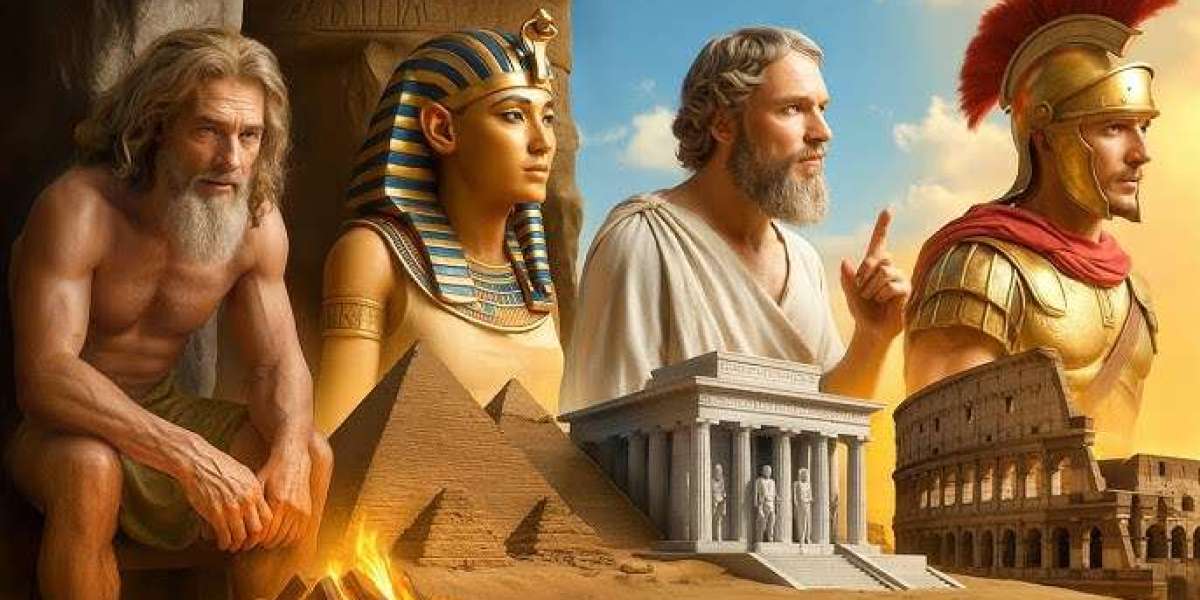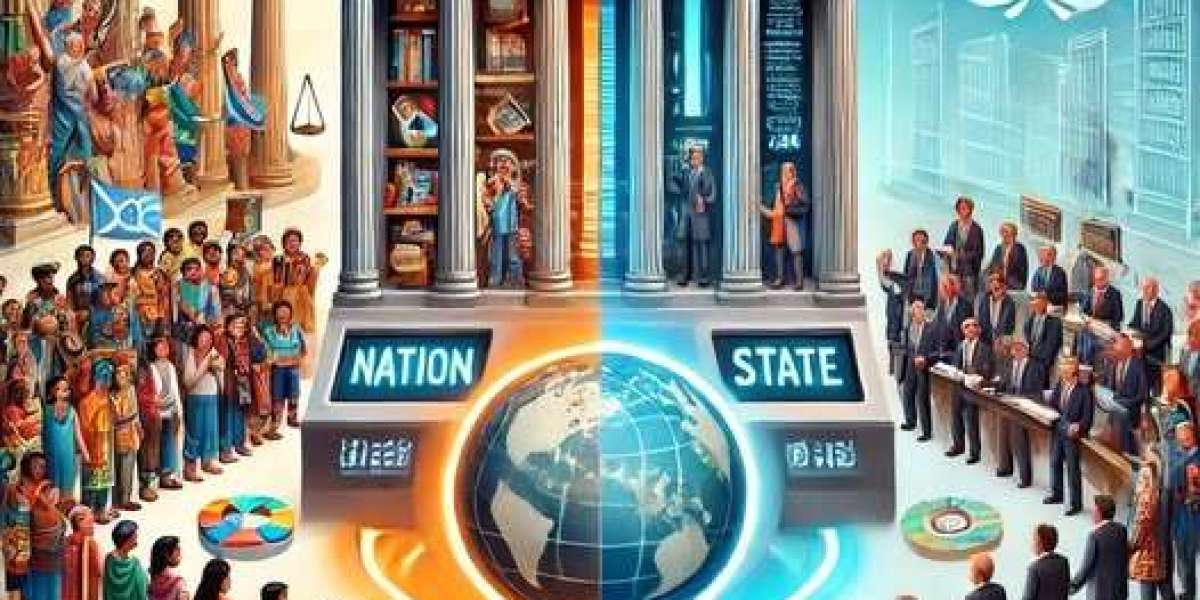Introduction :
Since the Enlightenment, democracy and the republic have established themselves as the ideal regimes of the modern state. They embody the balance of power, popular sovereignty, and the protection of individual rights. However, while these principles have successfully regulated the political form of the state, they struggle to grasp the living substance of the nation — a substance that transcends the institutional framework to root itself in memory, culture, and collective consciousness.
This raises an essential question: if democracy is the regime of the state, what regime corresponds to the modern nation? Could it not be civilization itself, conceived as a field of equilibrium between science, culture, spirituality, and technology?
This reflection, inspired by the label of the International Endowment Fund for Natiometry (FIDN) — “Project with Civilizational Impact” — invites a reconsideration of the hierarchy of foundational concepts of the modern world. For beyond politics, true sovereignty may lie in a nation’s ability to self-organize as a civilizational system.
I. Democracy: Regime of the Modern State :
In its essence, democracy is not an end in itself but a mode of regulation of power. It defines the conditions of legitimacy and participation within a closed juridico-political space: the nation-state. It rests on popular sovereignty, the separation of powers, and institutional representation. Its horizon remains internal stability and the balance of freedoms.
However, this conception remains instrumental: it regulates the manner in which power circulates without questioning the purpose of that circulation. Democracy manages the functioning of politics but only marginally addresses the direction of meaning. Yet, a nation does not live solely by laws and elections — it lives by values, symbols, and founding narratives.
Thus, democracy remains the adequate regime of the state, but it is insufficient to define the organic destiny of a nation.
II. The Nation: A Living Organism in Evolution :
A nation is not a legal abstraction but a form of collective life — an energetic field in which culture, memory, science, economy, and transcendence interact. It evolves through historical cycles comparable to the biological cycles of a living being: birth, growth, crisis, and rebirth.
From a natiometric perspective, these cycles can be measured through the Global Civilizational Stability Vector (CSV), an indicator of a nation’s dynamic health. The Natiometer demonstrates that nations obey laws of phase: they oscillate between expansion and withdrawal, independence and dependence, universality and particularism.
The modern nation must therefore be conceived not as a political contract, but as a civilizational system in continuous self-organization. Its regime is thus not merely institutional but evolutionary — grounded in the science of civilizational regularities rather than in constitutional law alone.
III. Civilization: The Superior Regime of the Modern Nation :
Civilization is to the nation what consciousness is to the individual: a higher level of integration where tensions between matter and spirit, between technology and value, between individual and collective are resolved. It constitutes a regime of meaning — a symbolic and technological organization of collective life.
Within the framework of the FIDN, a “Project with Civilizational Impact” designates precisely a project that transcends economic or social outcomes to transform the very structure of the civilizational field — its ways of thinking, innovating, and inhabiting the world. The civilizational regime of the modern nation would thus be one capable of merging the political, the scientific, the spiritual, and the ethical within a single architecture of coherence.
Natiometry provides the scientific framework to measure this transformation. It does not replace democracy; it surpasses it by situating it within an evolutionary dimension. The natiometric regime is not a form of power but an equilibrium of civilizational forces, measured, interpreted, and directed toward the dynamic stability of the whole.
Conclusion :
Humanity has entered an era in which the question of power is no longer sufficient; it must now confront the question of collective meaning. While democracy has allowed the modern state to achieve political balance, civilization emerges as the natural regime of the modern nation — the regime that channels a people’s vital energy toward creation, knowledge, and continuity.
The passage from democracy to civilization does not mark the end of politics, but rather its elevation to a higher level of complexity and consciousness. It is in this light that the FIDN’s label, “Project with Civilizational Impact,” takes on its full significance: it consecrates the mission of a new paradigm — Natiometry — whose vocation is to measure, anticipate, and guide the great civilizational transitions of our time.









